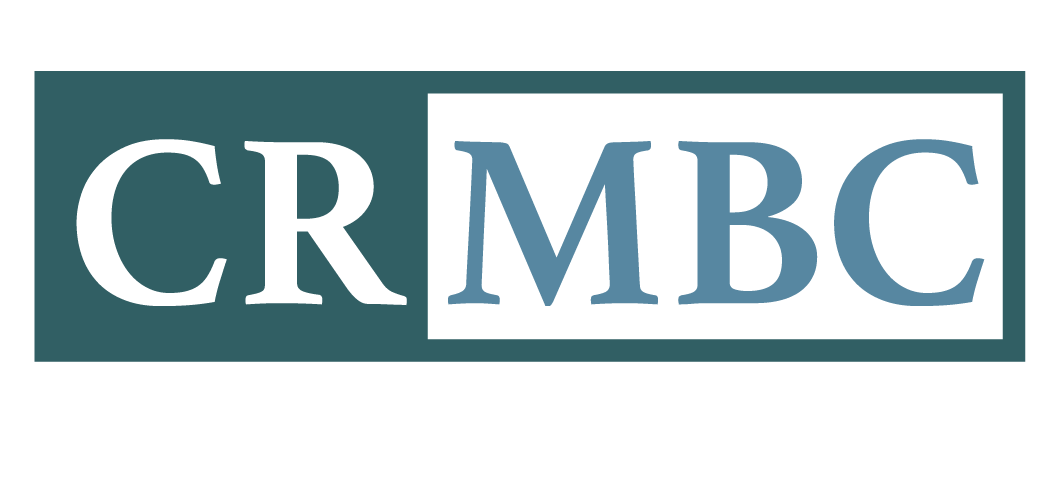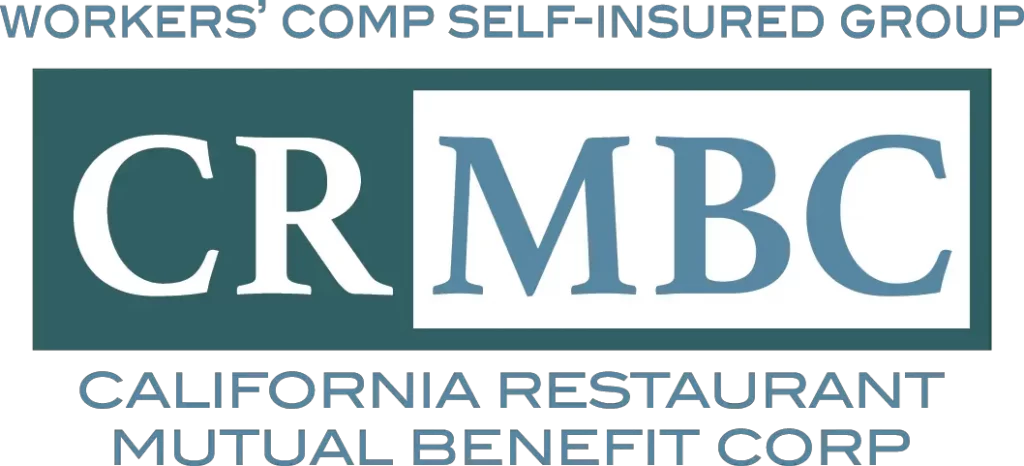Author: Kaya Stanley, Board Chair and CEO, CRMBC
In a recent episode of the CRMBC Self-Insurance Podcast, I had the pleasure of sitting down with Jon Wroten, senior vice president and principal at The PATH Alliance and the former Chief of the Office of Self-Insured Programs (OSIP) for the State of California. With his extensive background in safety, law enforcement, and self-insurance, Jon provided invaluable insights into the world of self-insurance for the California restaurant industry.
From Oversight to Insight: Jon Wroten on the True Value of Self-Insurance
Jon’s journey into self-insurance is marked by various roles, seeing him do everything from signing paychecks to shaping state regulations. His experience has given him a unique perspective on the advantages and challenges of self-insurance. “Self-insurance is one of the best-kept secrets out there that most employers aren’t aware of,” Jon stated.
One of the most significant advantages of self-insurance is the control it offers employers over their workers’ compensation programs. “Self-insurance offers greater control and improved outcomes for both the employer and their employees,” Jon noted. This control extends to how claims are managed, and employees are treated, resulting in cost-effective solutions.
Jon also mentioned the potential for profit-sharing within self-insured groups, which contrasts with traditional insurance, where profits go to shareholders. “In a nonprofit like CRMBC, when we have a surplus, it doesn’t go to shareholders. We have the option of returning it to our members in the form of dividends,” Jon explained.
Debunking Myths: Why Self-Insurance is More Secure Than You Think
Why are business owners still wary of self-insurance? Jon tackles the myths head-on, shedding light on why this approach is viable and preferable for savvy entrepreneurs. Despite its benefits, though, some business owners hesitate about self-insurance. “Self-insurance continues to be misunderstood.” He feels that many employers lack sufficient information to make an informed decision, with brokers needing to become better informed, too. “There are brokers that are very happy just doing business the traditional way, selling insurance, collecting their commission and not doing anything different,” he added.
Jon believes one key differentiator that should be reinforced is the stringent regulatory and compliance measures that govern self-insured groups. “The groups always have independently audited annual financial statements. Again, another safety net to be sure that they’re dealing with true, accurate, independently verified information,” Jon explained. These safeguards ensure the financial health and stability of self-insured groups, providing peace of mind to their members.
Experience Modifications and the Hidden Cost of Traditional Insurance
Traditional insurance can feel like gambling, where the house always wins, believes Jon, adding that self-insurance removes unpredictability and offers stable, long-term savings. It is also a hedge against the cyclical nature of the insurance market. “In a hard market, carriers exit California; they no longer write business,” Jon stated. He warned that many current employers and brokers have never experienced a true hard market, which can lead to sudden and significant rate increases when it occurs.
Jon also pointed out the substantial profits of traditional insurance companies. “It’s important to remember that in California, carriers just posted literally record profits. I mean, Geico alone, for example, posted 16 billion in profit,” he said. This contrasts sharply with the nonprofit nature of self-insured groups, where any surplus can be returned to members as dividends.
“Self-insurance provides a very stable market for people through all markets, hard, soft, all economies,” Jon stated. This stability is crucial for businesses looking to effectively manage their workers’ compensation costs regardless of market conditions.
Another significant benefit of self-insurance is the elimination of experience modifications (ex-mods). “When you become self-insured or join a self-insured group, you no longer have an ex-mod. It goes away,” Jon explained. This can be particularly beneficial for businesses that have experienced a shock loss and are struggling with high premiums in the traditional market.
Jon Wroten’s extensive experience and insights make a compelling case for why self-insurance can be a strategic choice for restaurant owners looking to control costs and improve outcomes. His emphasis on control, cost-effectiveness, and stability offers a clear picture of the advantages of self-insurance over traditional insurance models.
For more insights from industry experts like Jon Wroten, subscribe to the CRMBC Self-Insurance Podcast.

Kaya Stanley is an attorney, published author, business owner, and highly sought-after strategic turnaround expert. Ms. Stanley serves as CEO and Chairman of the Board for CRMBC, the largest restaurant workers’ compensation self-insured group in California, and she is the Licensee for TEDxReno, an independently organized TEDx Event.
Throughout her 22 years of practicing law, Ms. Stanley has served as outside counsel for Wal-Mart and Home Depot. She was voted one of the country’s “Top 25 OZ Attorneys” by Opportunity Zone Magazine and published a best-selling book called “The Employer’s Guide to Obamacare.” Before that, she earned her master’s degree in social work and public policy, after which she worked with at-risk girls in Detroit and lobbied for women and families.








